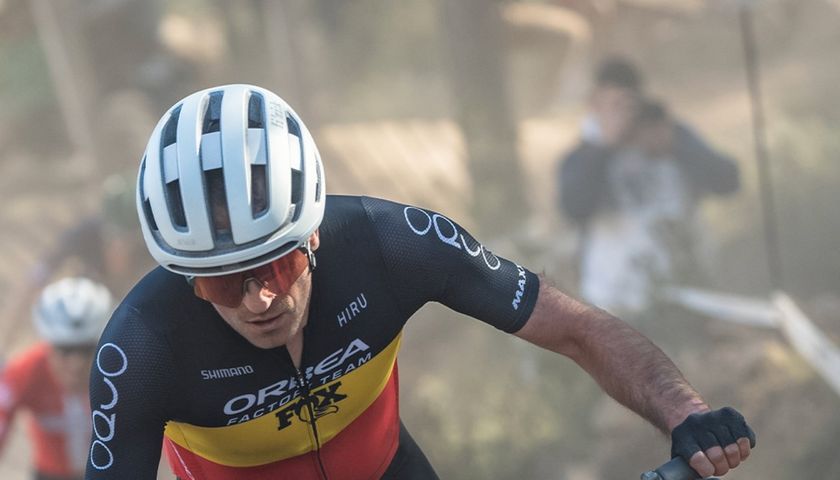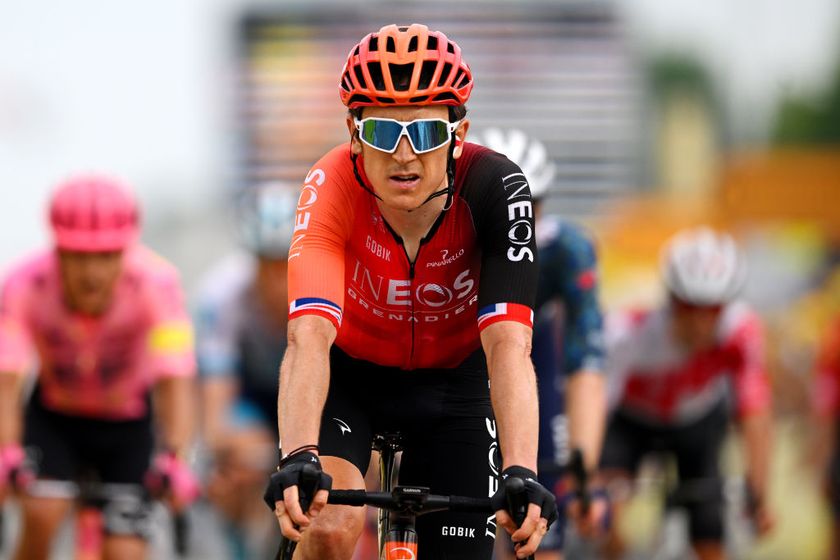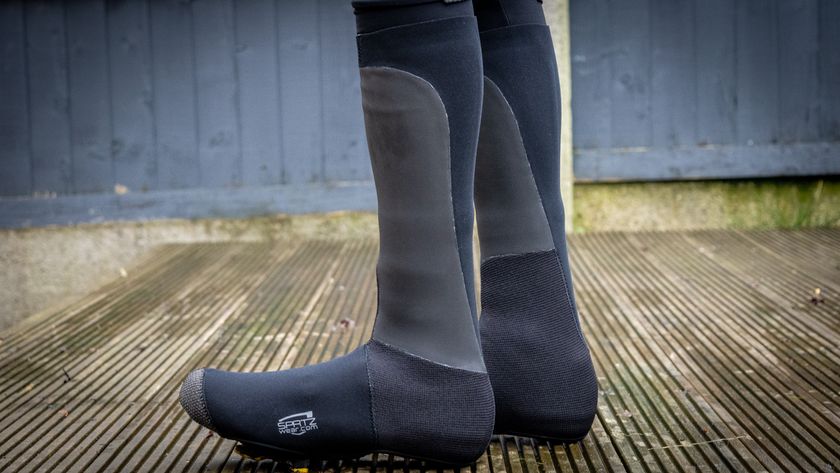WADA continues battle to name athletes involved in Operacion Puerto
Anti-doping authority appeals to Constitutional Court of Spain






The World Anti-Doping Agency (WADA) has filed an appeal to the Constitutional Court of Spain as it continues its bid to reveal the names of those involved in Operacion Puerto, according to a report in Spanish newspaper AS.
Over 200 blood bags that were seized as part of the long-running Operacion Puerto investigation were handed over to the anti-doping authorities in 2016. However, a year later the Provincial Court of Madrid said that the authorities would not be allowed to reveal the names of any athletes involved unless they were involved in on-going anti-doping investigations.
If the latest appeal is successful, WADA would not be allowed to open any disciplinary proceedings against the athletes because the 10-year statute of limitation has passed.
According to AS, WADA are speaking with a data protection expert to see if revealing the names would infringe upon the athletes' privacy. The paper reports that the blood bags identified belong to 26 men and three women, but did not list their sports.
Operacion Puerto, and its fallout, has been rumbling on for 12 years with the first arrest, Liberty Seguros team manager Manolo Saiz, made in May 2006.
The investigation uncovered a large-scale doping network centred on Spanish doctor Eufemiano Fuentes, with several big-name riders implicated, including Ivan Basso, Jan Ullrich, Frank Schleck, Alejandro Valverde and Tyler Hamilton. There were also several athletes from other sports involved.
While some athletes received suspensions following the investigation, most were never identified. The results of the investigation were largely presided over by the Spanish courts and there were moves by the Spanish Cycling Federation (RFEC) to prevent the UCI from using the evidence uncovered for disciplinary procedures.
Get The Leadout Newsletter
The latest race content, interviews, features, reviews and expert buying guides, direct to your inbox!
At the time of the Operacion Puerto raids, doping was not illegal in Spain and the case looked like it would come to a close in 2009. Despite their best efforts, the courts also ruled that WADA and the UCI would not be able to take the blood bags and perform their own tests on them.
Hope was revived in 2011 when the case was brought back to court with Saiz and Fuentes charged with crimes against public health. Despite this, the court remained firm on preventing the blood bags from being handed over to the anti-doping authorities. An appeal was made in 2013 but it was only in 2016 that the blood bags were finally allowed to be handed over, several days after the deadline for the statute of limitations had passed.
Saiz was cleared of any wrongdoing in 2013 but that sentence has been appealed, while Fuentes was initially handed a one-year suspended sentence before the decision was overturned in 2016.
Most Popular





